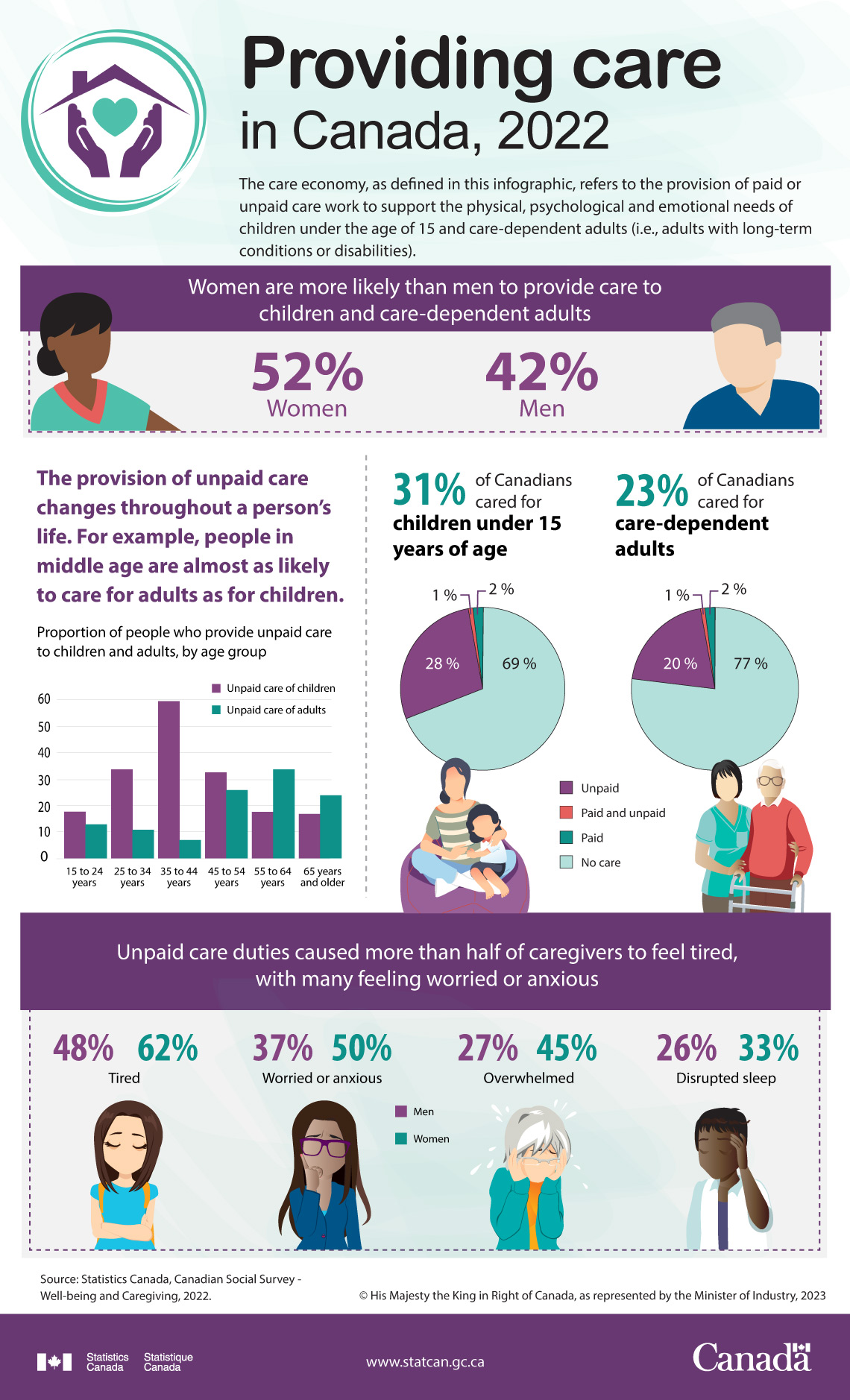Note of appreciation
Canada owes the success of its statistical system to a long-standing partnership between Statistics Canada, the citizens of Canada, its businesses, governments and other institutions. Accurate and timely statistical information could not be produced without their continued co-operation and goodwill.
Standards of service to the public
Statistics Canada is committed to serving its clients in a prompt, reliable and courteous manner. To this end, the Agency has developed standards of service which its employees observe in serving its clients.
Copyright
Published by authority of the Minister responsible for Statistics Canada.
© His Majesty the King in Right of Canada, as represented by the Minister of Industry, 2023
Use of this publication is governed by the Statistics Canada Open Licence Agreement.
Catalogue no. 11-627-M
Frequency: Occasional
Ottawa
